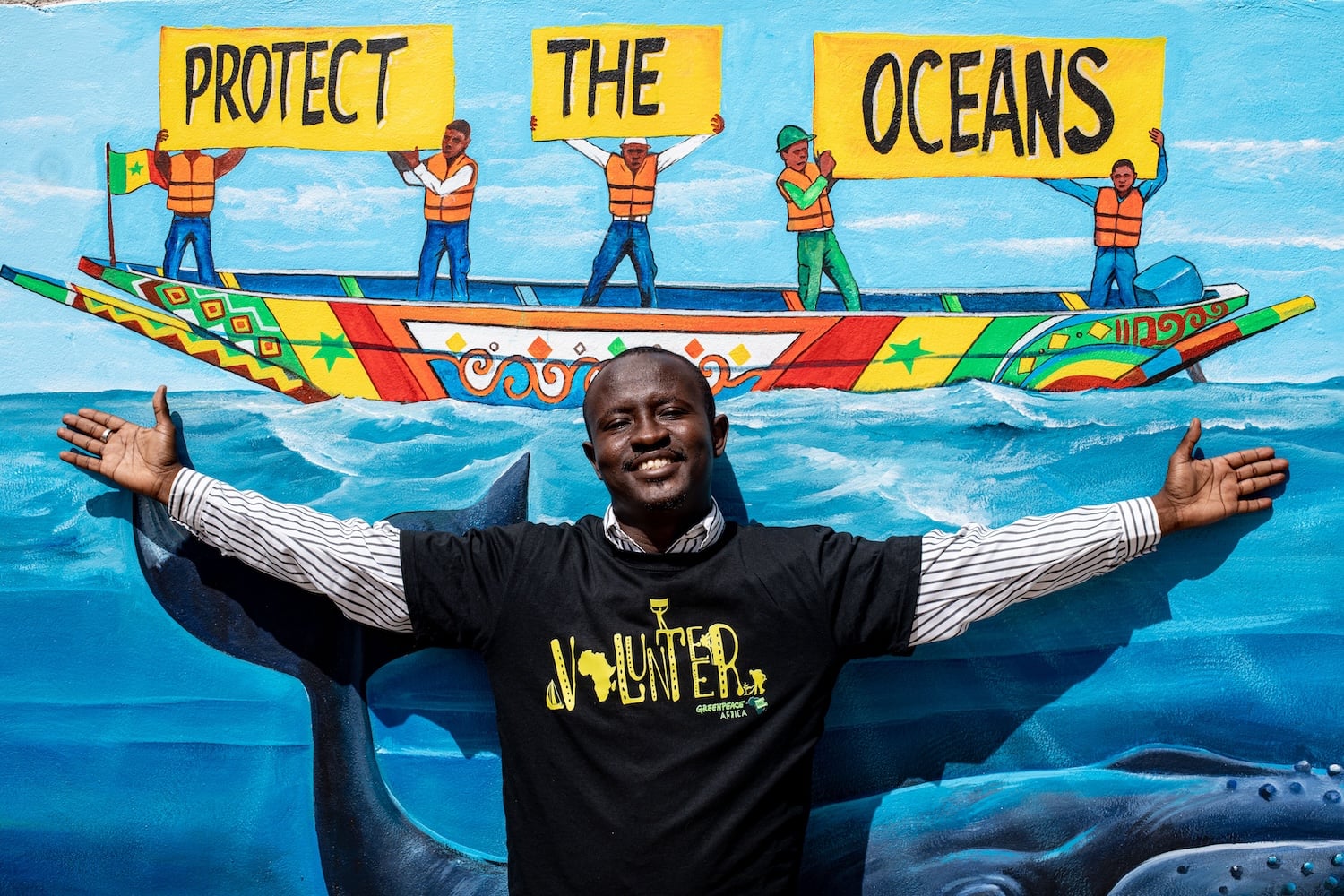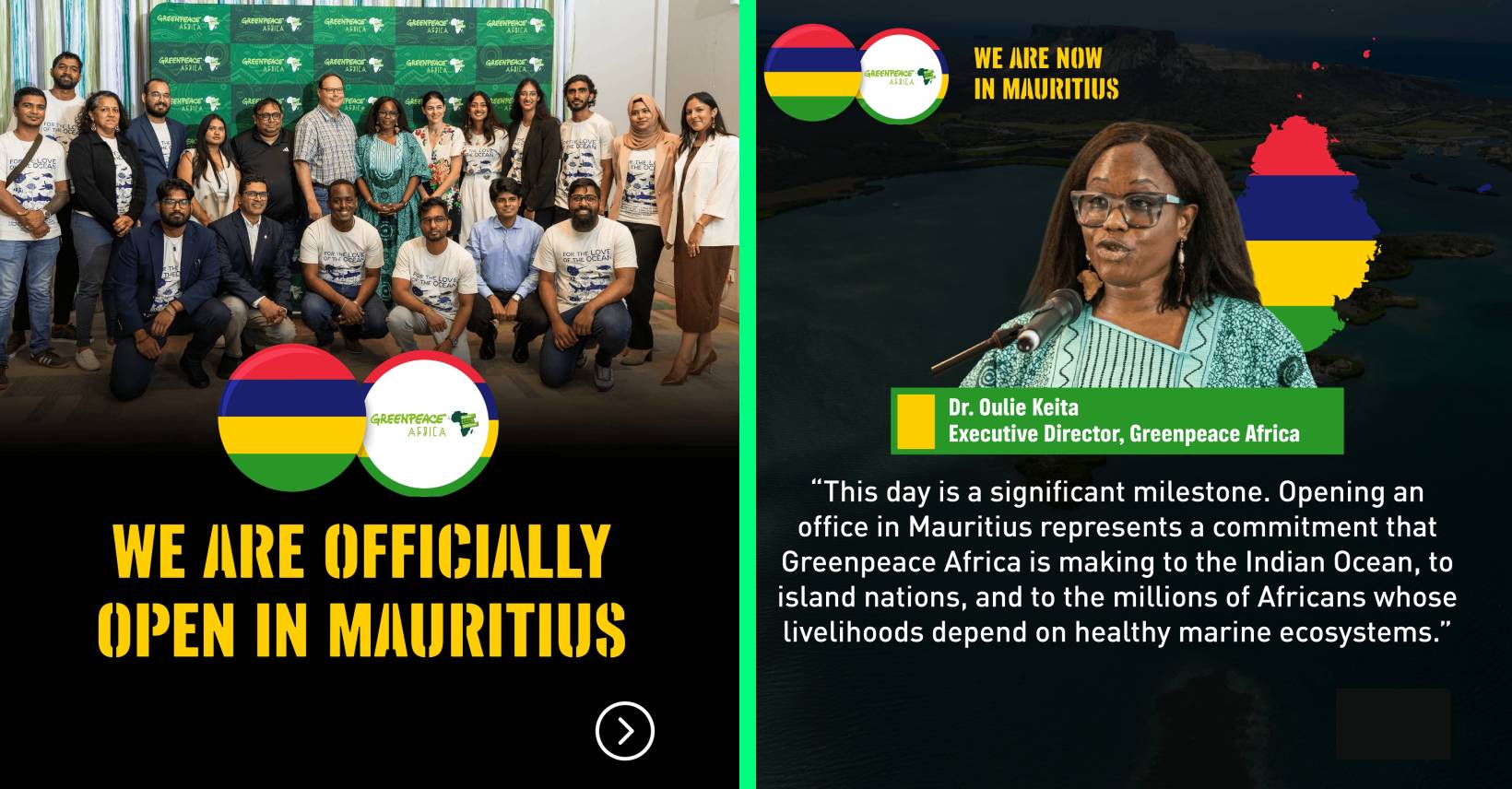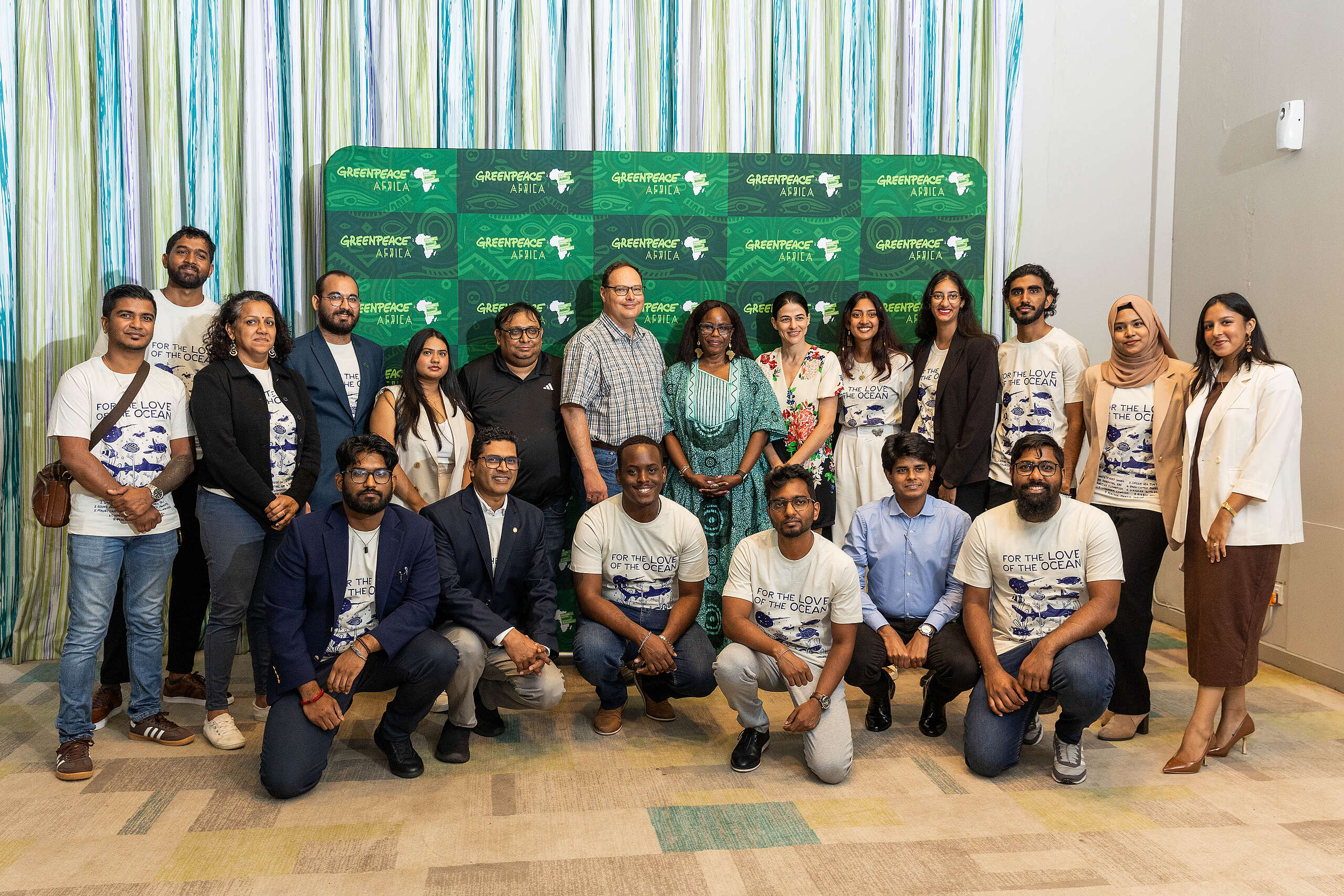A moment of reckoning
As the African Union (AU) marked 62 years since the founding of the Organization of African Unity (OAU), the occasion was more than a celebration of history -it was a clarion call.
The 2025 AU theme, “Justice for Africans and People of African Descent through Reparations,” is not only justified, it is imperative. It is a demand grounded in centuries of dispossession, exploitation, and erasure. And it must be answered with action, not delay.
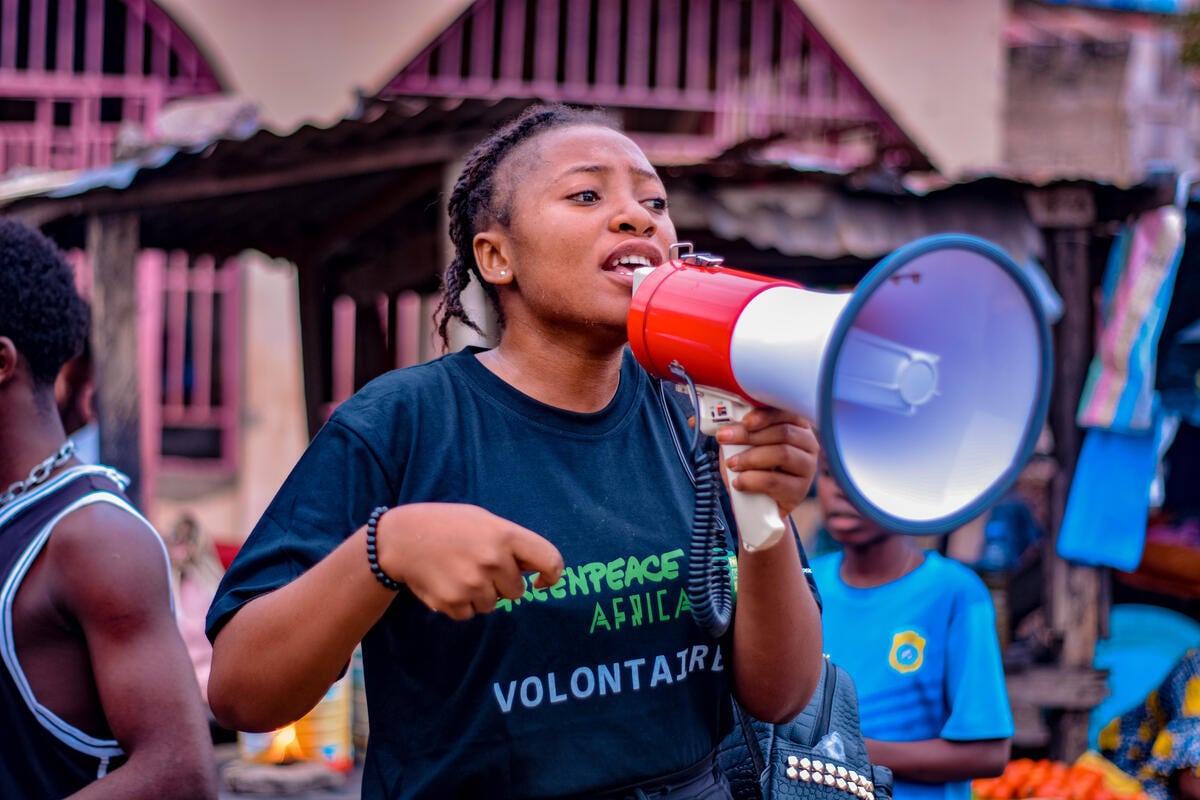
Unfulfilled promises of liberation
The OAU’s formation was a bold declaration of unity and defiance. Visionaries like Kwame Nkrumah, Haile Selassie, Julius Nyerere dared to dream of a liberated, sovereign Africa. While political independence was achieved, the promise of justice and self-determination remains unfulfilled. Today, the shackles of colonialism persist, not in chains, but in skewed trade systems, capital flight, and international policies that continue to suffocate African development.
Reparations are a right, not a gift
The legacy of slavery and racial violence continues to haunt both the continent and its vast diaspora. Reparations are not just overdue. They are essential. They are not about charity. They are about accountability, dignity, and restoration. True reparative justice means returning stolen heritage, restructuring exploitative systems, and redistributing opportunity. It means rewriting the rules so that Africa and its descendants are no longer trapped at the margins of global power.
From declarations to action
The international community can no longer delay. From CARICOM’s 10-point plan to UN declarations, the global framework exists. But frameworks without action are betrayal cloaked in diplomacy. The AU must now lead boldly. It must articulate a unified, legally grounded demand for reparations. It must mobilize the global African diaspora as agents of change, not historical footnotes. It must demand a global reckoning with the crimes of the neocolonial empire.
Justice begins at home
Yet reparations must also be introspective. African leaders must confront the failings of domestic governance. Corruption, inequality, and exclusion are betrayals of the very liberation that the OAU founders fought for. Reparations without transforming our socio-economic systems risk being symbolic. Justice must begin at home.
Climate crisis: the new face of injustice
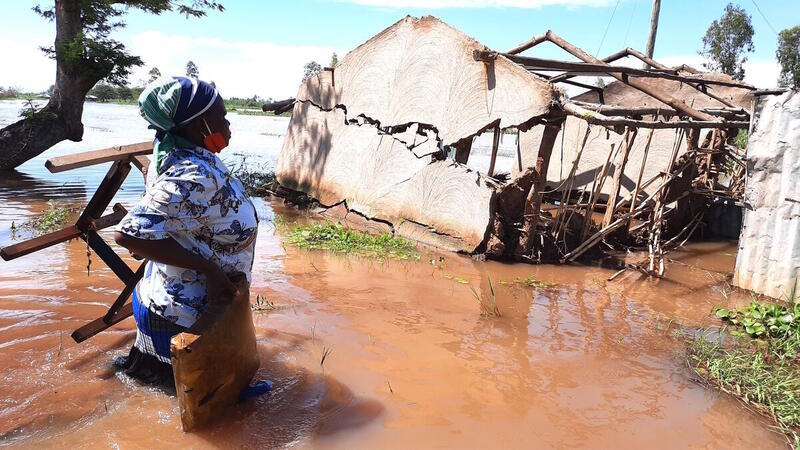
This is a pivotal moment that Africa must seize. Reparations are not a radical idea. They are a moral imperative. A historical necessity. A political demand whose time has come.
Today, Africa’s historical injustice is compounded by a climate crisis it did not create. Contributing less than 4% of global emissions, Africa now faces a climate emergency of epic proportions. Drought, flood, famine, and forced displacement are destroying lives across the continent. These are not “natural” disasters but rather the fallout of a global economic system built on extraction, pollution, and inequality.
Indigenous Peoples on the frontlines
Since independence, Indigenous Peoples across Africa have remained on the periphery of development, excluded from decision-making and denied the right to shape their own futures. Yet, they continue to be the first line of defense for the continent’s most critical ecosystems.
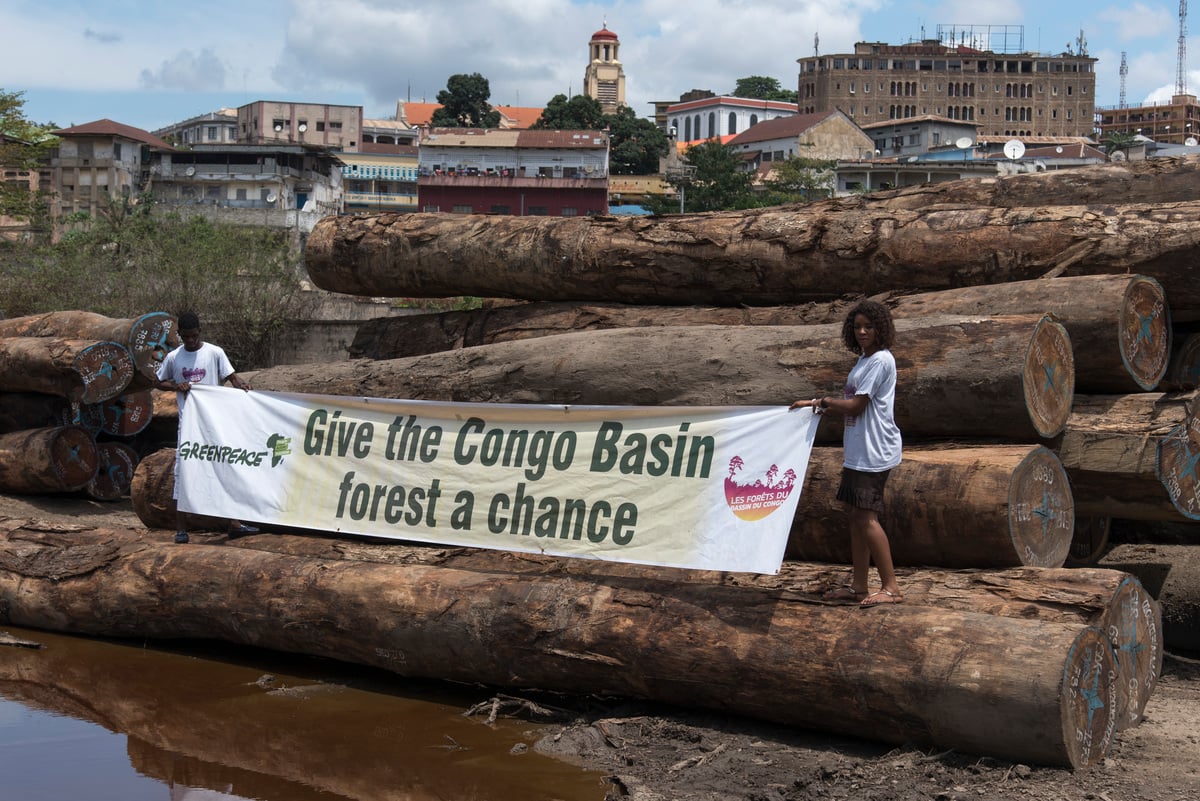
Take the Congo Basin, for example. This vast rainforest, spanning 500 million acres and home to more than 35 million Indigenous People, is under relentless threat. Mining, logging, and top-down conservation projects, often backed by foreign capital, are imposed without consent. More than 60% of forest concessions in the region blatantly disregard Indigenous land rights. In East Africa, the story is no different. Since 2009, over 200,000 Maasai people have been forcibly displaced, their ancestral lands carved up in the name of tourism, trophy hunting, and conservation.
These are not isolated incidents. They are symptoms of a deeper, historical injustice. The colonial logic that once seized lands now persists in the form of neo-colonial land governance: extractive, exclusionary, and deeply unjust. If global leaders are serious about climate justice, the conversation must begin with land. That means legal land restitution, the recognition of Indigenous governance systems, and direct investment in community-led adaptation efforts. Reparations, if they are to mean anything, must include the restoration of power to those who have protected these lands long before the world called them “climate solutions.”
Climate justice is reparative justice
Colonialism stripped Africa of its wealth. Through unchecked industrialisation, the world is on fire due to the climate crisis. And, Africa pays the price. The parallels with slavery are not rhetorical – they are structural. In both cases, Africa is exploited to serve others again.
This is why climate justice is non-negotiable. It is the continuation of our struggle for liberation. It must be rooted in reparations. It must deliver not just adaptation funding, but a total transformation of how the world values African people and ecosystems.
Climate finance must be provided as grants not loans, as it is a rightful obligation not an act of charity. Community-led, ecologically sound solutions rooted in African knowledge are the most effective way to address climate challenges. Africans through the leadership of AU must reject false solutions such as carbon offset schemes that promote green colonialism, and land grabs disguised as conservation. Instead, it must uplift agroecology, energy democracy, and ecological restoration from the ground up.
Debt cancellation, technology transfer, and trade justice are not luxuries. They are conditions for survival. The wealthy countries that have benefited from pollution must provide means of implementation to marginalised countries especially in Africa.
A continent rising
Across the continent, civil society is rising. From Nairobi and Dakar youth to the forests of Congo, Africans are demanding justice. The AU must listen. And it must act. Climate justice is the next frontier of our decolonization. It is the only path to sovereignty.
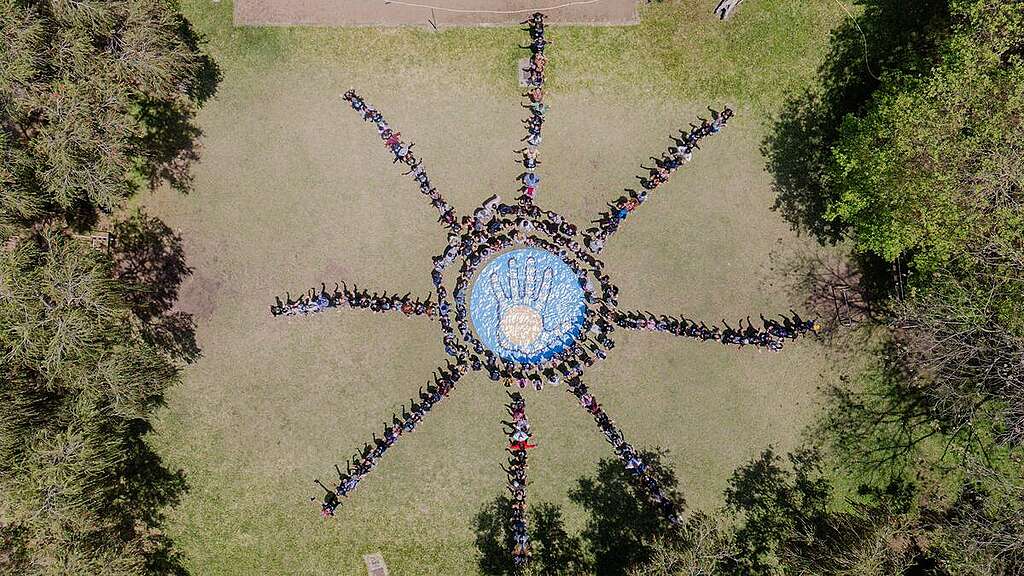
Let 2025 be the year that Africa not only demands reparations, but claims its place at the helm of global justice. This is the time to speak with one voice. This is the time to lead.
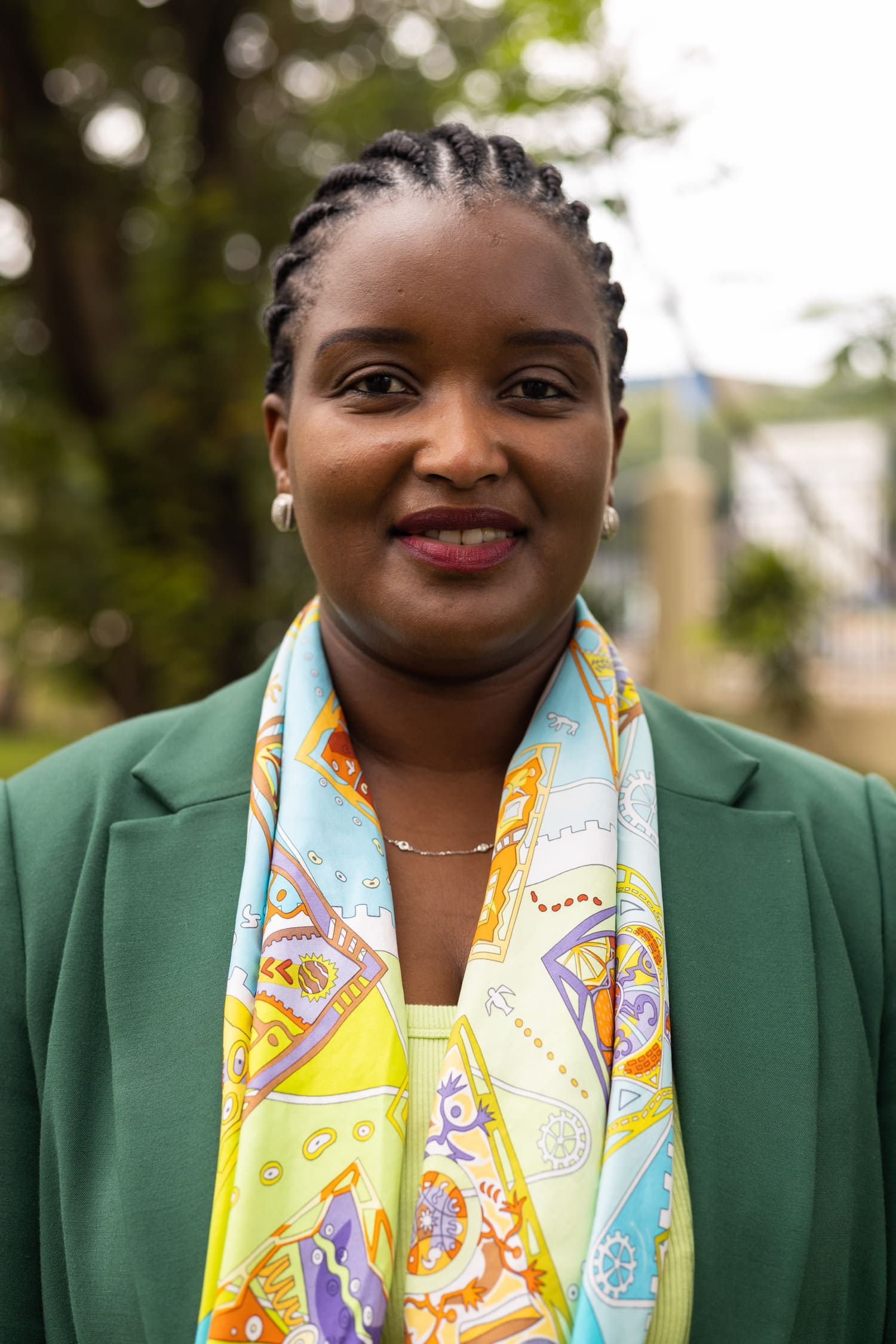
Dorine Nininahazwe
Senior Political Advisor, Greenpeace Africa

